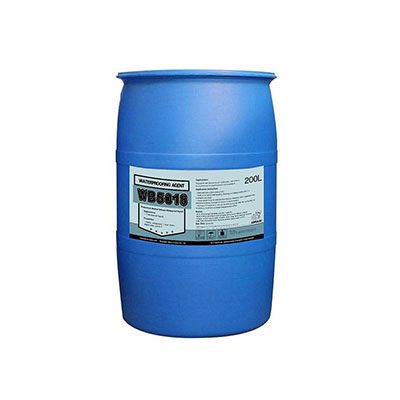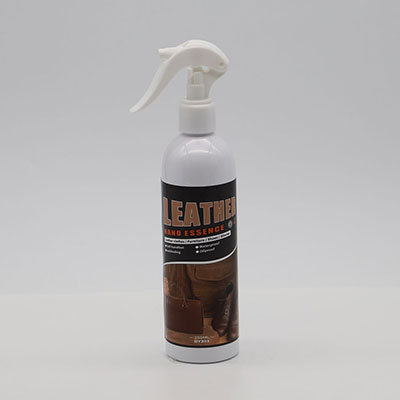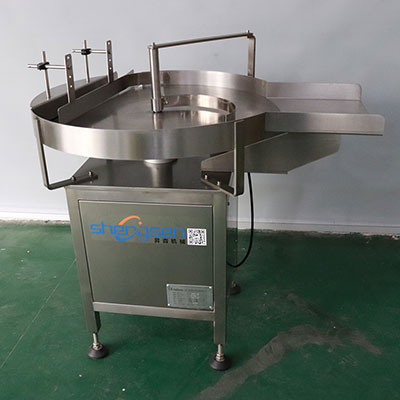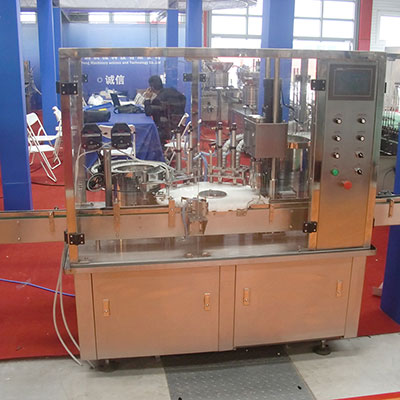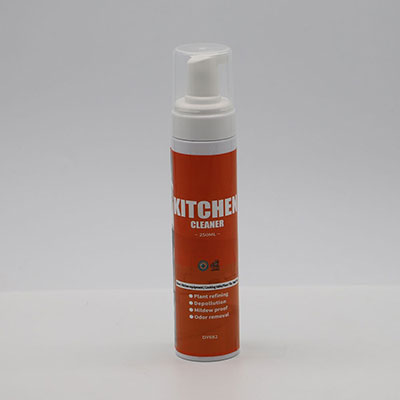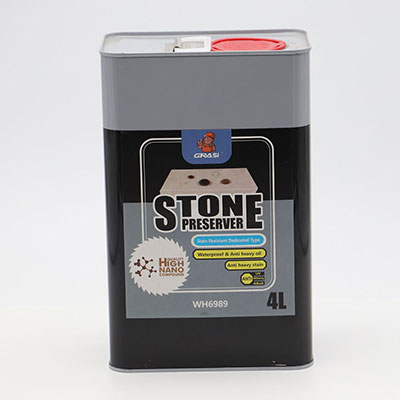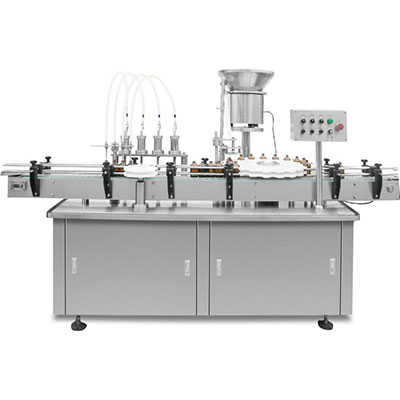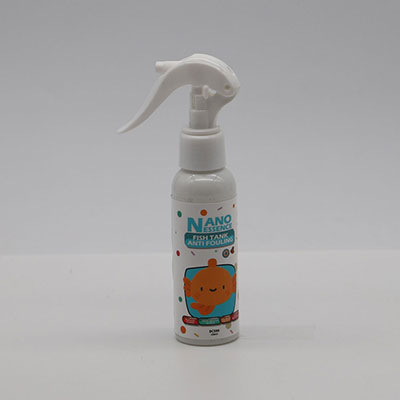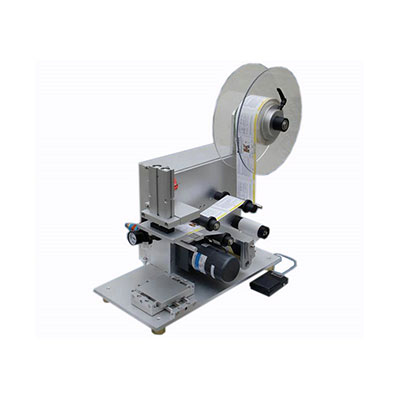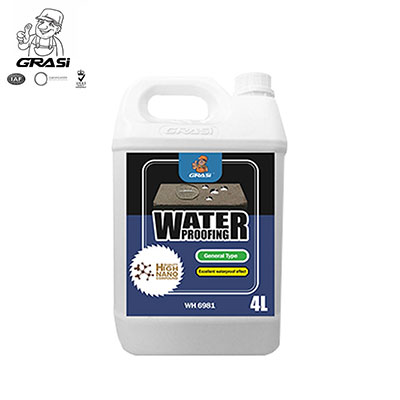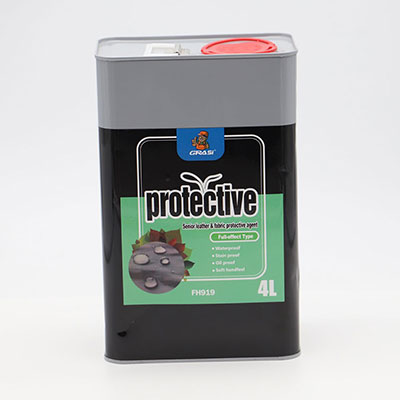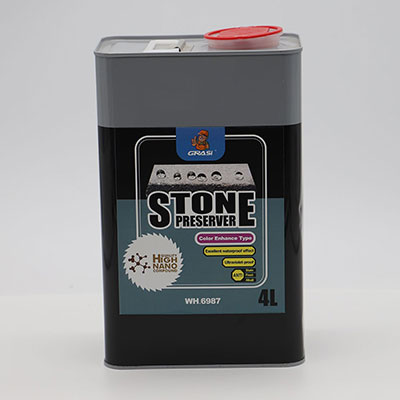Ataforma Ice Cream Machine Popsicle Mold
This popsicle mold is used in Ataforma ice cream machines in order to facilitate ice cream mass production.
Hongtai manufactures a variety of ice cream production molds for use in manual ice cream production lines. Specifications include 2×9, 2×10, 2×11, 2×12, 2×13, and 2×14 as well as customized options. These molds are best suited to small ice cream production equipment, and ideal for use in small ice cream production factories.
Minimum order quantity: 50 sets/shape
Popsicle mold materials
1. Panel
Material: stainless steel 316L
Thickness: 1.5mm
2. Mold cup
Material: stainless steel 316L
Thickness: 0.8mm
Features
1. The stainless steel popsicle mold uses a welding robot to complete all welding. This welding robot uses a TIG welding process, ensuring molds are completely welded with an even welding seam.
2. The mold is surface treated using an electropolishing (electrolysis) process to ensure the surface is smooth with no tool marks, thus meeting European quality standards.
3. The main mold material is 316L stainless steel. This stainless steel features an outstanding toughness, as well as excellent corrosion resistance and hardness.
4. The mold cup is formed using a single stamping process that requires no annealing or chemical treatments, while still ensuring the constant thickness of the entire mold cup.
5. The mold cup's volume is designed and calculated using a computer, and cut using laser cutting equipment in order to ensure the size accuracy.
About Hongtai
Yongkang Hongtai Hardware & Machine Factory has more than 35 years of experience in manufacturing ice cream molds. Backed by this experience, we have created more than 1200 different mold types in various shapes and sizes, and have worked with internationally known names such as Tetra Pak, Nestle, WCB and Unilever.
Hongtai undertakes an individual, comprehensive quality inspection of the molds to ensure a smooth surface, accurate size, and outstanding electropolishing. We also confirm that every mold meets food hygiene standards through strict sanitary inspection, with the welding quality confirmed using a leak test that utilizes a penetrating agent. Quality control test certificates are available based on customer requirements, including volume control data sheets, chemical and physical analysis test certificates, dimensional tolerance and penetrating agent leak test datasheets.
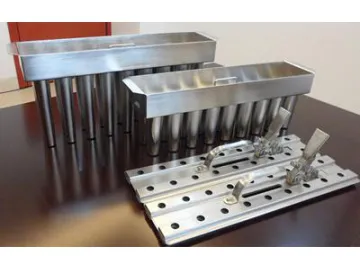
Links:https://globefindpro.com/products/31652.html
-
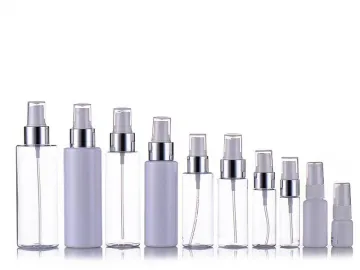 Spray Cosmetic Bottle
Spray Cosmetic Bottle
-
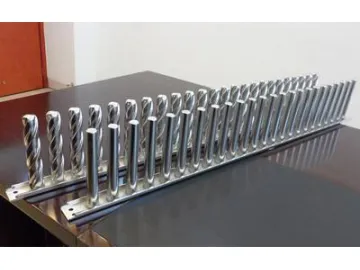 24 Lane Stick Ice Cream Equipment Combined Stainless Steel Ice Pop Mold
24 Lane Stick Ice Cream Equipment Combined Stainless Steel Ice Pop Mold
-
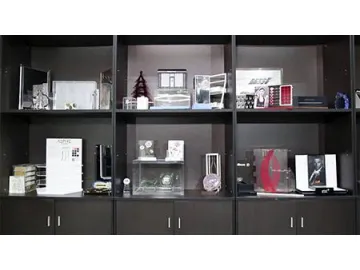 Stationery Acrylic Organizer
Stationery Acrylic Organizer
-
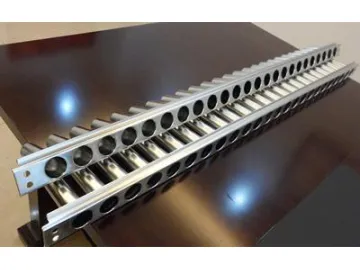 Vitaline 24 Lane Stick Ice Cream Line Stainless Steel Ice Lolly Mold
Vitaline 24 Lane Stick Ice Cream Line Stainless Steel Ice Lolly Mold
-
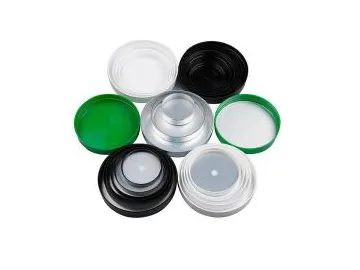 Quartz Iridescent Canister
Quartz Iridescent Canister
-
 Acrylic Cell Phone Display
Acrylic Cell Phone Display
-
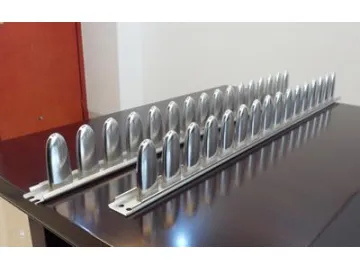 Versaline 12 Lane Ice Cream Machine Stainless Steel Popsicle Mold
Versaline 12 Lane Ice Cream Machine Stainless Steel Popsicle Mold
-
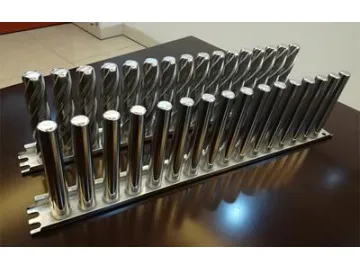 16 Lane Ice Cream Equipment Combined Stainless Steel Popsicle Mold
16 Lane Ice Cream Equipment Combined Stainless Steel Popsicle Mold
-
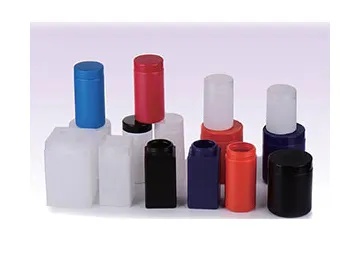 RC008 Plain Canister
RC008 Plain Canister
-
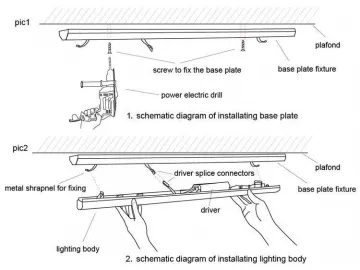 Integrated Flush Mount LED Tube Light
Integrated Flush Mount LED Tube Light
-
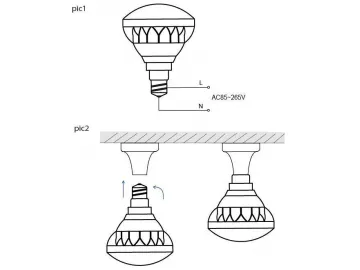 Waterproof LED PAR Light
Waterproof LED PAR Light
-
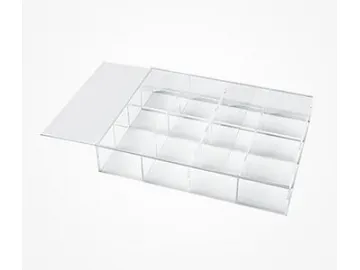 Acrylic Container
Acrylic Container
